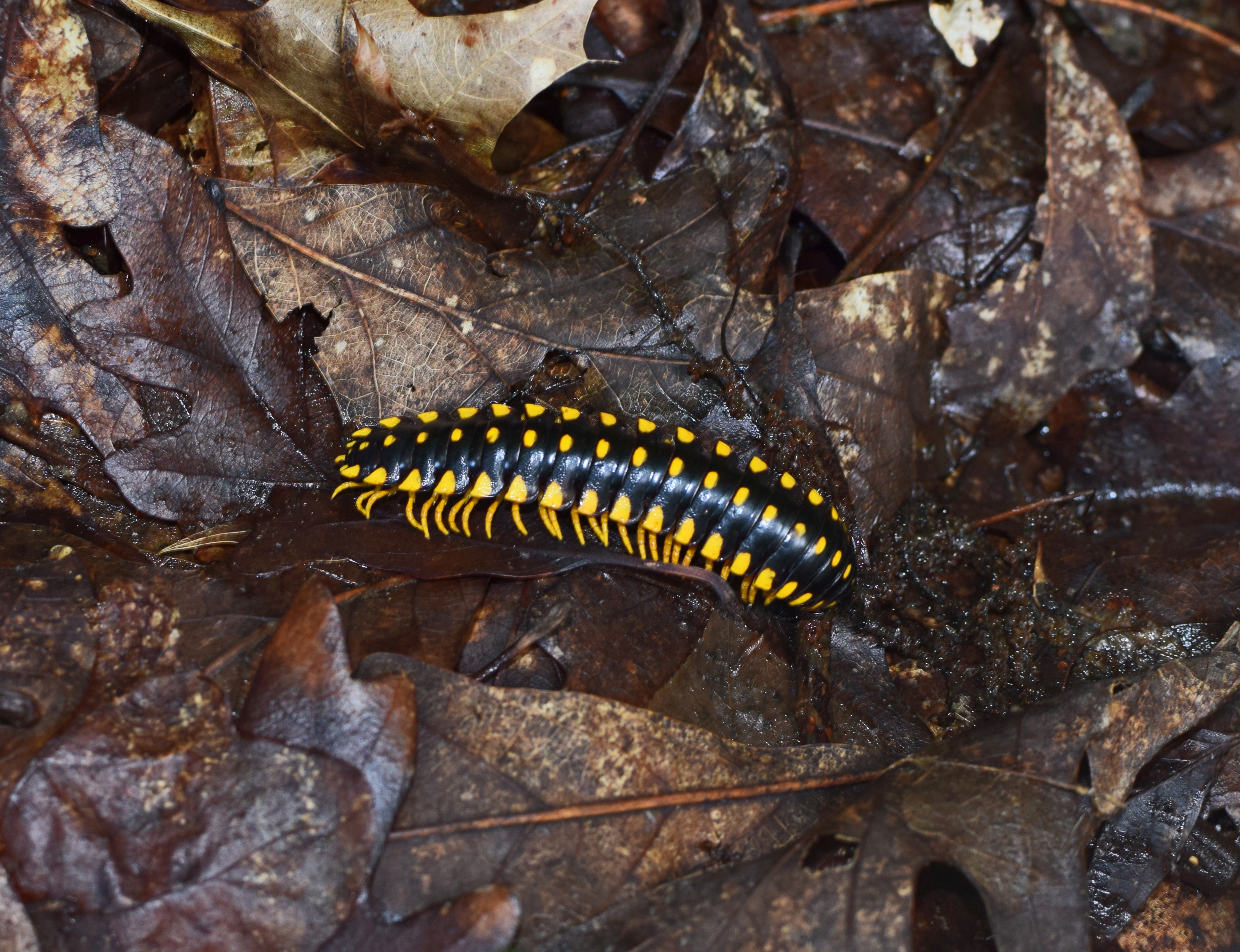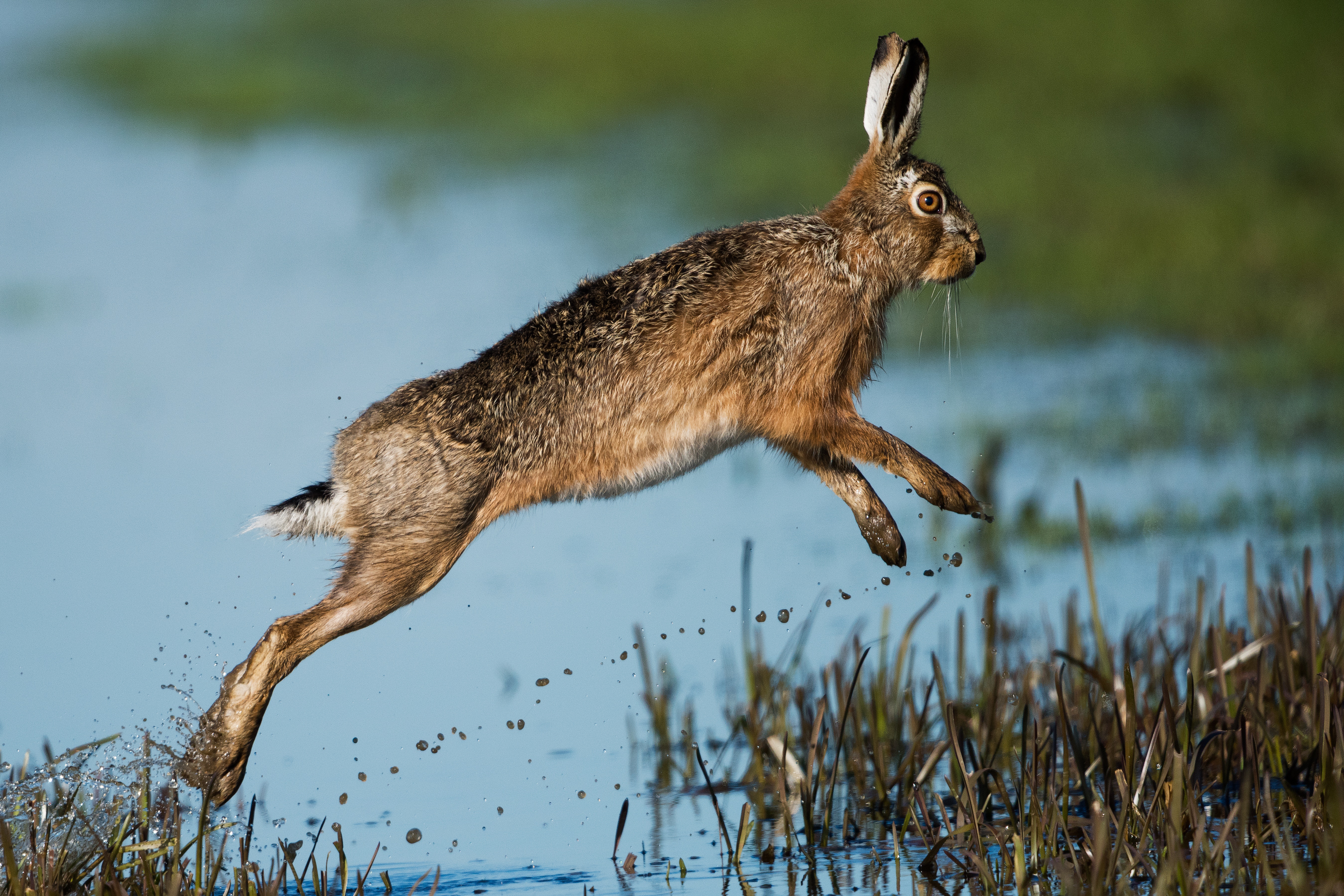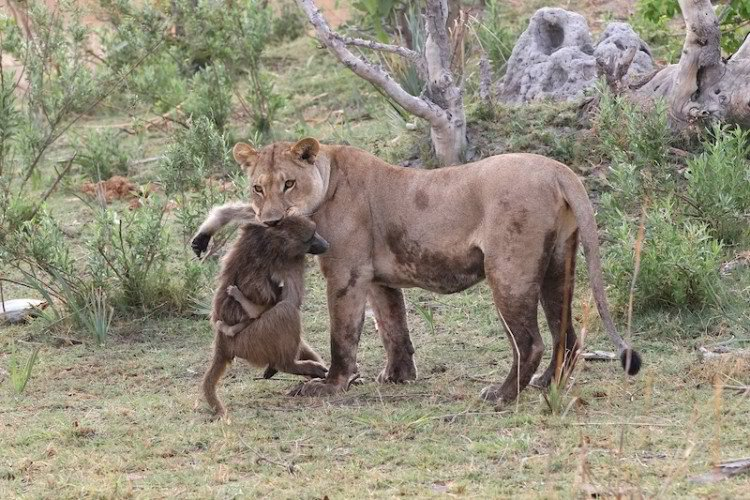If you have a love and respect for all animals, being an animal behaviorist can be your dream job. In this post, we listed 6 tips that will help you pursue a course on Animal Behavior.
First things first, what does an animal behaviorist do?
They study animal behavior, to learn and understand animal behavior – why they do things and act in certain ways. By looking at the animal’s environment, an animal behaviorist can investigate whether the behavior is a normal one being exhibited at inappropriate times or if it is the result of prior negative experience.
Animal behaviorist also promotes changes in animal behavior through training and behavior analysis. They work in the area of applied animal behavior, primarily training domestic animals and assisting with the modification of behavioral problems.
They can also work in colleges and universities researching behavior, in zoos and companies that design and produce products for pets, and in private practices.
Animal behaviorists typically have a specialized field of study in specific animals like birds, livestock, fish, reptiles, wild animals, or pets, so it is important to narrow down your interest when you’re pursuing a course on animal behavior.
Ahead, we put together a list of tips to help you boost your study in animal behavior.
- Advance your college application
As early as possible, have the initiative to bulk up your education background. Make sure to have extensive knowledge in biology, physics, and chemistry to understand not only the animals but the environments in which they live.
You can also participate in research projects that help animals, or participate in anything to get your career started and ensure that your application gets approved in any universities you want.
- Interview an animal behaviorist
Do an informational interview with an animal behaviorist. Consider meeting someone who is already one and ask them questions you have to get you started on the right path.
Make sure to ask questions about how they pursued their career. Learn a thing or two about their education and any practical experience.

This is also a great opportunity to ask if it would benefit you to work or volunteer in places such as zoos, research labs, or at vets’ offices.
- Volunteer at a zoo or animal sanctuary
Take your career experience to new heights by volunteering in accredited zoos, aquariums, nature sanctuaries, rehab facilities, shelters near you. This gives you valuable insight into what it’s like to work with animals and will also bulk up your college applications. Plus, it will help you to easily secure employment after graduation.
- Finish your Bachelor’s degree
Animal behaviorists generally have a background in biology, psychology, zoology, or animal science. The common practice is they pursue first an undergraduate degree in one of these areas before seeking an advanced degree in biology or psychology with a concentration in animal behavior.
So, you will need to finish your Bachelor’s degree first to pursue a graduate degree or career as an animal behaviorist.
You can also find some universities that offer programs towards a Bachelor’s degree in animal behavior science. If you don’t find one you can apply to, consider these two fields that are the most directly involved with being an animal behaviorist: ethology and comparative psychology.
Also, remember to take classes that complement being an animal behaviorist. Psychology and anthropology can be a great start to help you get your career on track.
Taking the education needed to be an Animal Behaviorist can be longer than the normal degree education. It can lead to financial loss, so make sure to get a student loan that will hurt less your financial health. Apply to a student loan like Credible Student Loans to get the best deal for your education.
- Stay up to date on advances in your field
Knowledge is power. Impress your colleagues by knowing the latest updates on your field. You can subscribe to publications like The Journal of Animal Ecology, Animal Behavior, and Mammal Review.
- Build a strong network with other professionals that study animals
Attend as many conferences and events in your field. It will help you build a reputation in your field. Networking will give you more opportunities to find a better job in your career.






